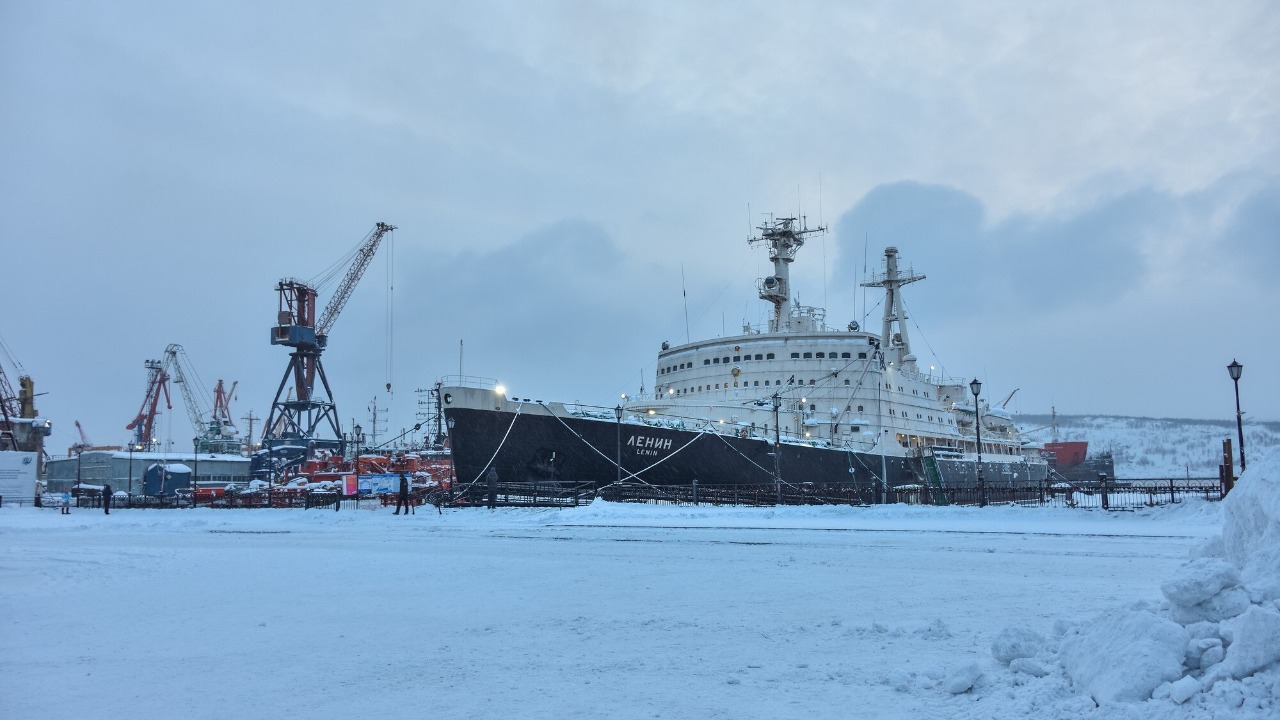
Russia’s recent discovery of 511 billion barrels of oil in Antarctica, one of the largest oil finds in history, could potentially disrupt the delicate peace in the region. This massive reserve, unearthed through Russian exploration efforts, has raised immediate concerns about potential violations of key international treaties that prohibit resource extraction in Antarctica. Countries such as Chile and Argentina have pledged to fight for preservation, underscoring fears that this discovery could ignite wider geopolitical tensions or even escalate into a global conflict.
The Scale of the Discovery
The sheer volume of oil reserves found by Russia in Antarctica is staggering. With an estimated 511 billion barrels, this discovery is considered one of the world’s largest oil reserves according to recent reports. This find positions Antarctica as a new frontier for energy resources, with Russian teams leading the exploration efforts that led to this announcement. The magnitude of this reserve is so significant that it is double the known oil reserves of Saudi Arabia, a country long recognized for its vast oil wealth.
Historical Context of Antarctic Exploration
Russia’s recent activities in Antarctica have been marked by significant developments. In 2024, amidst ongoing geopolitical tensions such as the Ukraine conflict, Russia announced the discovery of huge oil reserves in the region. This revelation, which emerged around mid-2024 and extended into 2025, has the potential to reshape geopolitics under the ice. Prior to this, Russia had been conducting exploratory efforts in Antarctica, but no major leaks had occurred until the official announcement of this discovery.
Violations of International Agreements
The discovery and any implied plans by Russia to exploit these reserves violate every international treaty protecting Antarctica. The Antarctic Treaty System, for instance, prohibits mineral resource activities in the region. Some have warned that the pursuit of this reserve could “start World War III” due to these treaty breaches. The 1991 Protocol on Environmental Protection, another key treaty, bans oil drilling in order to preserve the continent’s pristine status.
Geopolitical Repercussions
Russia’s claim to the 511 billion-barrel reserve threatens to reshape global power dynamics, potentially drawing in major players beyond the region. The broader implications for international relations are significant, with the find described as a “colossal” jackpot that could alter energy security and alliances. Existing tensions, such as Russia’s actions in Ukraine, are influencing perceptions of its Antarctic ambitions, adding another layer of complexity to the situation.
Regional Reactions and Preservation Efforts
In response to Russia’s revelation of the 511 billion-barrel reserves, Chile and Argentina have taken a firm stance to fight for the region’s preservation. These nations, which have territorial claims in Antarctica, are committed to maintaining peace in the region. The discovery has prompted calls for strengthened enforcement of bans on resource extraction to counter Russian moves, highlighting the urgency of the situation.
Potential for Escalating Conflicts
There are fears that the oil find could threaten Antarctic peace by encouraging rival explorations or territorial disputes among claimant nations. Experts have expressed concerns over the discovery’s role in heightening global rivalries, potentially leading to militarization or economic standoffs in the polar region. There are scenarios where the value of the reserve might override treaty obligations, risking broader instability and posing a threat to international norms.
More from MorningOverview